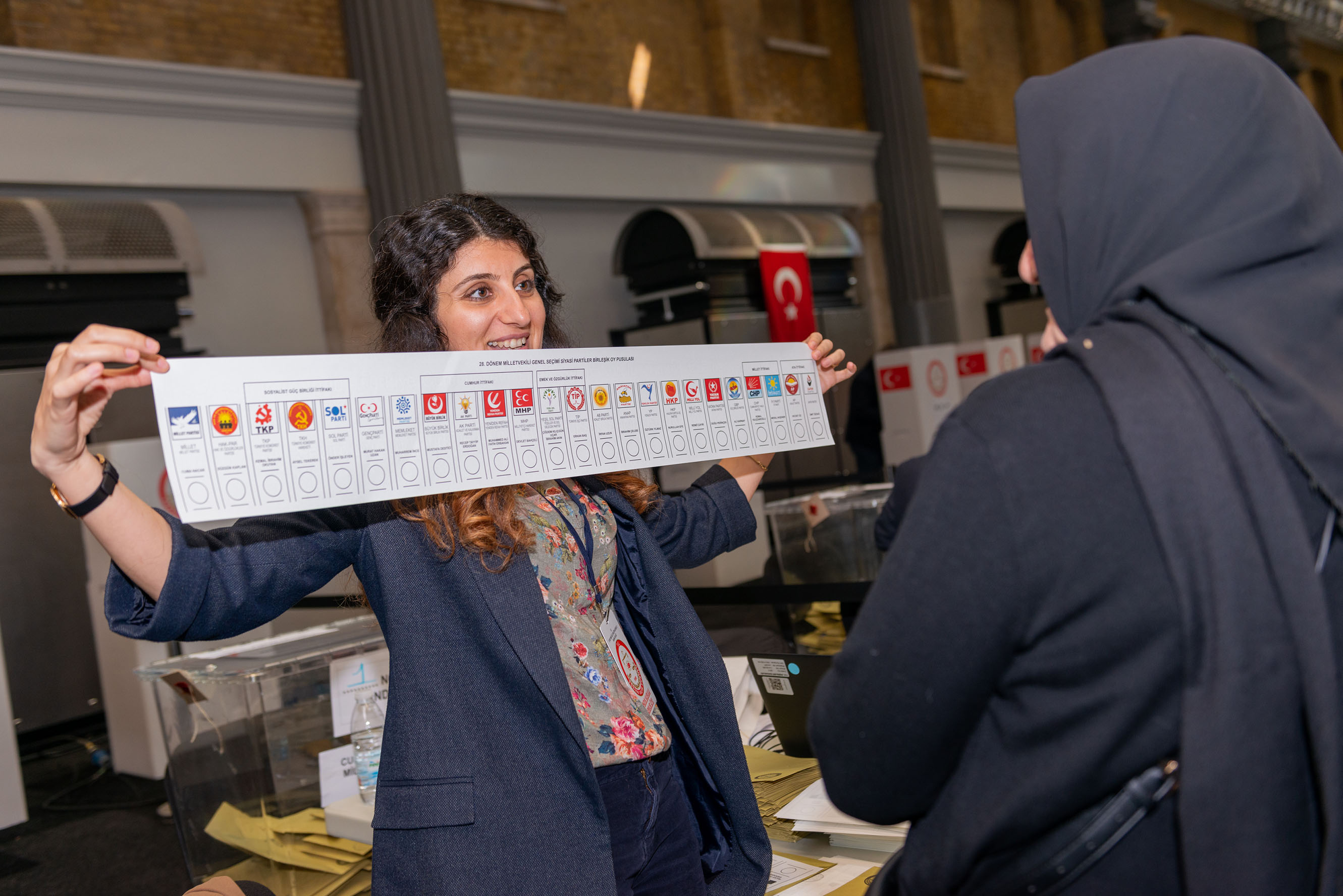Mevlüt Çavuşoğlu has slammed the Taliban rulers of Afghanistan for banning higher education for women. He said the decision was “neither Islamic nor humane” and stood contrary to Islam, which “encourages education and science”.
The Turkish Foreign Minister’s comments came in response to a question asking him what he thought of the ban during a press conference in Ankara with his Yemeni counterpart, Ahmed Avad bin Mubarek.
Mr Çavuşoğlu said “The ban on schooling for female students in Afghanistan really upsets us and is a serious concern.”
The Turkish Foreign Minister explained that ever since the Taliban took over Afghanistan last summer, Turkiye had advocated for other countries to engage with them even if they didn’t recognise the regime.
The minister said it was important for all to maintain stability and security in Afghanistan, given the ongoing battle with terror groups such as Al Qaeda and Daesh, and also to prevent the collapse of the country’s economy.
Mr Çavuşoğlu stated that form the outset they had advised the Taliban to be inclusive in their approach to government and to others in the country.
Mr Çavuşoğlu said Turkiye was supporting Afghan education, and, despite the risks, Turkish businesspeople were also undertaking projects in Afghanistan.
The foreign minister was unequivocal in his condemnation of the ban on Afghan women to study at university, which had been announced by the Taliban two days prior.
“This prohibition is neither Islamic nor humane. Therefore, we reject such a ban, we do not find it correct,” said Mr Çavuşoğlu.
“I hope they will give up on this decision as soon as possible. We are talking about 1 million female students who can go to university,” the minister stated, before continuing.
“Education, what’s wrong with women’s education? What harm does it do to humanity, what harm does it do to Afghanistan? What is the use of this ban? Give a logical explanation. Is there an Islamic explanation? On the contrary, our religion, Islam, is not against education. On the contrary, it encourages education, learning and science.
“What is the human benefit? There’s no logic. It is neither humane nor Islamic. Therefore, we expect the Taliban to abandon this decision”.
Listen to Minister Çavuşoğlu on the Taliban’s education ban from 18th minute of the press conference
#Canlı📡#Yemen Dışişleri Bakanı Ahmed Awad Bin Mubarak ile Ortak Basın Toplantısı. #Live📡
Joint Press Conference with Foreign Minister Ahmed Awad Bin Mubarak of Yemen
📍Ankara https://t.co/VRjma2vTXZ
— Mevlüt Çavuşoğlu (@MevlutCavusoglu) December 22, 2022
Minister Çavuşoğlu also pointed out that many Afghan women were currently studying in Turkiye. He gave the example of Selgey İsmailhil, who topped the university entrance exam and is currently studying medicine at Hacettepe University – one of Turkiye’s most prestigious universities, renowned for its Faculty of Medicine.
“When this girl becomes a doctor, what harm will she do to Afghanistan, to the Afghan people? What harm will a female teacher do to Afghanistan, what harm will a nurse do to Afghanistan?” Mr Çavuşoğlu asked.
Afghan women in Kabul protest the Taliban decision
Muslim majority countries criticise Taliban decision
His comments criticising the Taliban and calling on them to reverse their decision have been echoed by officials in other Muslim majority countries, including Saudi Arabia and Qatar.
In a statement, the Saudi Foreign Ministry expressed “surprise and regret at the decision of the Afghan caretaker government to deny Afghan girls the right to university education.” The Ministry called on the Taliban to “reverse” the ban.
The Qatari Foreign Ministry also expressed its “deep concern and disappointment” over the ban in its statement. They urged the Taliban administration “to review its decision in line with the teachings of the Islamic religion concerning women’s rights.”
Middle East powerhouse the United Arab Emirates also condemned the Taliban. The UAE Foreign Affairs Ministry said the Taliban’s decision was an example of them trying to “erase” women from public life, and that it “profoundly jeopardises the international community’s efforts to engage with the Taliban”.
A segregated university class in Afghanistan now devoid of all women
The Taliban is a fundamentalist, nationalist movement in Afghanistan, which emerged in the 1990s. They ruled much of the country between 1996 and 2001. During this time, the Taliban became notorious for their repressive acts against women and intolerance of non-Islamic culture. They fell from power following the US invasion of Afghanistan in 2001, but regained control twenty years later when the US withdrew its troops from the country in May of last year.
At the time, the Taliban went to great lengths to placate extensive fears that they would re-implement their extreme interpretation of Islam. Its leaders pledged a more moderate rule, but in recent months, they have introduced a ban on girls attending primary and secondary school, and also barred women from many types of employment. The Taliban insist females need are fully covered in public, and have also banned women from going to parks and gyms.




